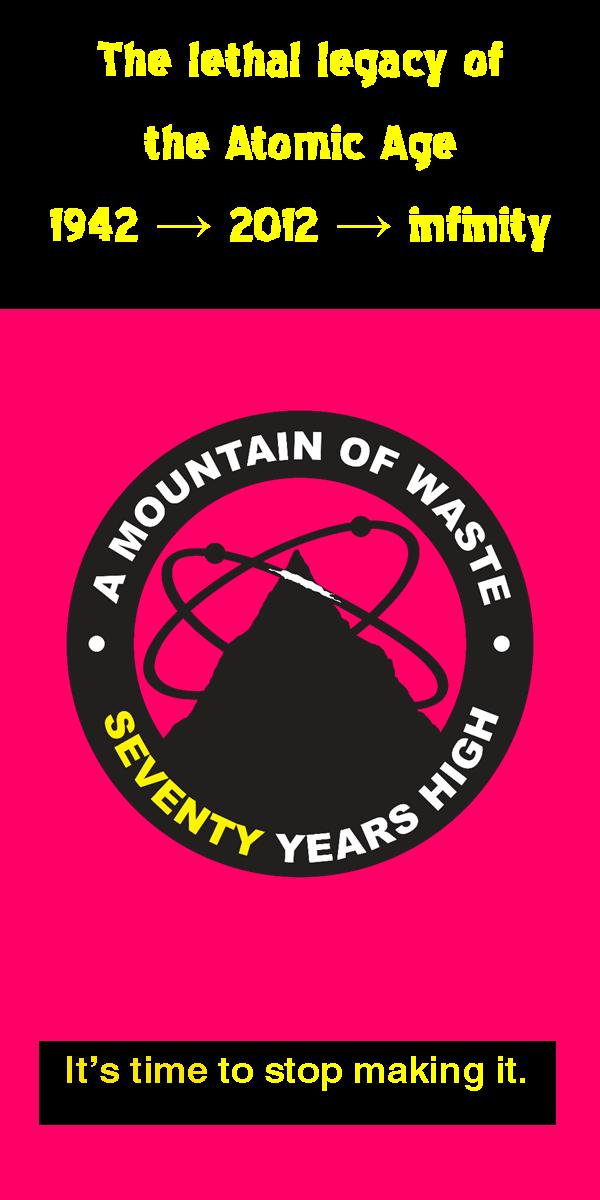Vermont Yankee case shows states not allowed to look out for their citizens' safety
 The decision on January 19 by federal judge Garvan Murtha, ruled that the state of Vermont cannot order the closure of its reactor, Vermont Yankee, on March 21, 2012 when its current license expires. The US Nuclear Regulatory Commission had already re-licensed the plant for another 20 years (doing so 10 days after the inception of the Fukushima-Daiichi reactor meltdowns that are the same design as Vermont Yankee.) Murtha said federal law pre-empts the state's ability to determine the licensing of a nuclear power plant because the reasoning was "radiological safety" concerns which the judge said the state is not authorized to regulate. The decision effectively deprives the state of the ability to protect its own citizens even though the regulator, NRC, clearly did not have the safety of Vermonters in mind when extending the plant's operating license. The decision is all the more alarming given the numerous safety problems at the plant and the deception by its owners, Entergy, who denied the existence of buried pipes that had in fact leaked tritium.
The decision on January 19 by federal judge Garvan Murtha, ruled that the state of Vermont cannot order the closure of its reactor, Vermont Yankee, on March 21, 2012 when its current license expires. The US Nuclear Regulatory Commission had already re-licensed the plant for another 20 years (doing so 10 days after the inception of the Fukushima-Daiichi reactor meltdowns that are the same design as Vermont Yankee.) Murtha said federal law pre-empts the state's ability to determine the licensing of a nuclear power plant because the reasoning was "radiological safety" concerns which the judge said the state is not authorized to regulate. The decision effectively deprives the state of the ability to protect its own citizens even though the regulator, NRC, clearly did not have the safety of Vermonters in mind when extending the plant's operating license. The decision is all the more alarming given the numerous safety problems at the plant and the deception by its owners, Entergy, who denied the existence of buried pipes that had in fact leaked tritium.
 admin
admin
And see Karl Grossman's article on this on Counterpunch - Nuclear power in the US - a rigged system.





